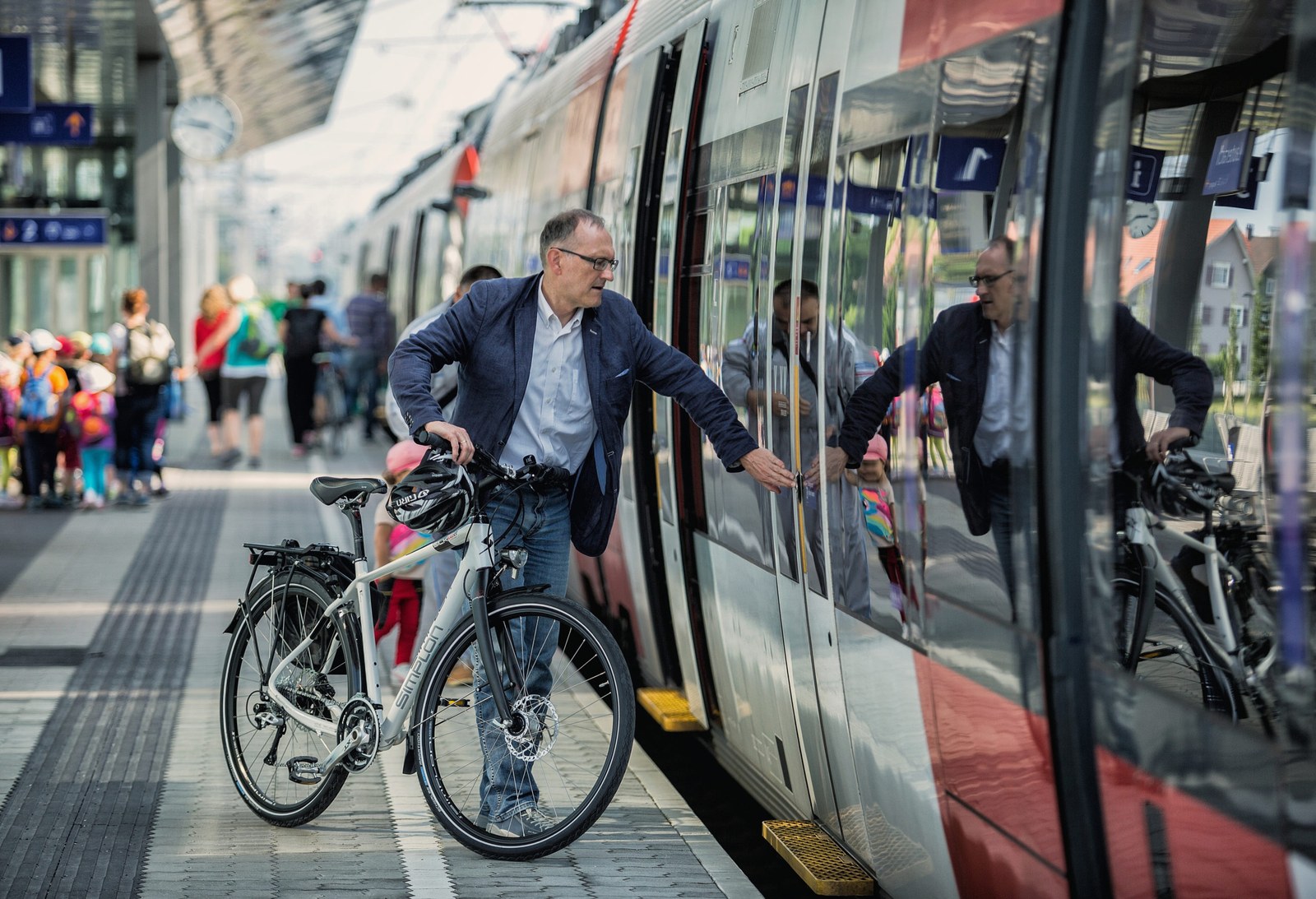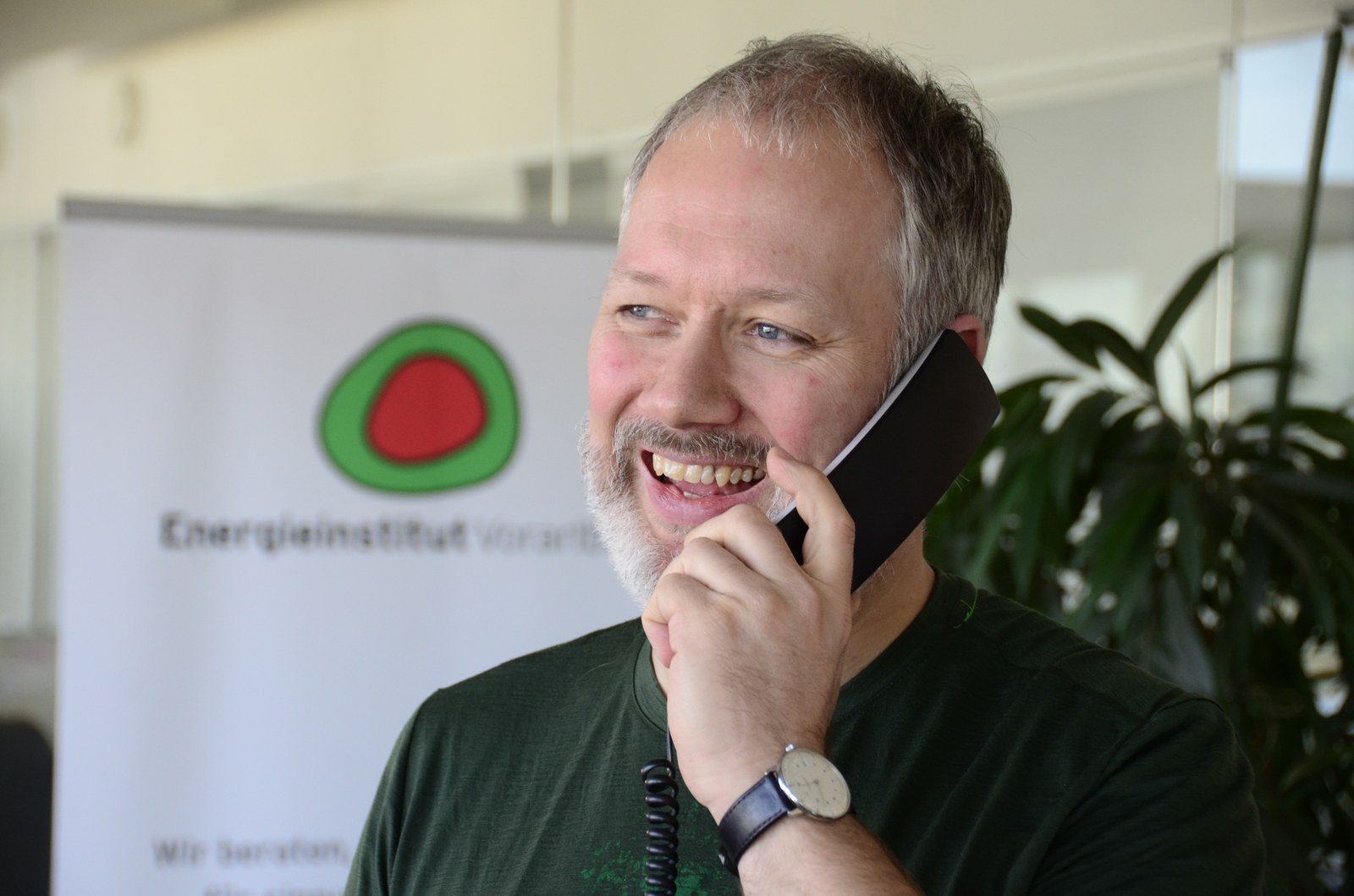PEMO - Commuter Mobility
More than 50,000 commuters move daily across state borders in our region. Added to this is the national commuter traffic in the Alpine Rhine Valley. The consequences are high CO2 emissions, particulate matter and noise pollution. In the three-year Interreg project “PEMO”, cross-border strategies and measures to promote sustainable commuter mobility were developed and tested in practice.






Target
The goal of PEMO was the development and prototypical application of strategies, concepts and concrete “tools” to reduce the volume of passenger cars in commuter traffic. The focus was on shifting car trips to bicycles, public transport and carpooling. Measures were taken at the level of companies and public employers as well as at the level of local communities.
Project partner
- Overall project management: Energy Institute Vorarlberg in close cooperation with CIPRA International
- Kanton St. Gallen (Office for Spatial Development, Energy Agency St. Gallen)
- Principality of Liechtenstein (Office for Construction and Infrastructure)
- Lindau county
Associated project partners
- Germany: Stadt Lindau, Stadt Lindenberg, Landkreis Bodensee
- Vorarlberg: Stadt Feldkirch, Stadt Hohenems, Marktgemeinde Lustenau, plan b Gemeinden, Netzwerk Wirtschaft MOBIL
- Switzerland: Verein St. Galler Rheintal, Buchs Marketing, Stadt St. Gallen
- Liechtenstein: Gemeinde Gamprin, Gemeinde Ruggell, Gemeinde Schaan, Hilti AG, LieMobil
- Project period: 01.01.2016 – 31.12.2018
- Total budget: EUR 587.636
- Funding framework: EUR 118.540 / CH € 66.429
Project flow
-
- Raising awareness among commuters to change their mobility behavior (“cultural change”) with the help of companies
- Training providers, public transport operators and municipalities
- Infrastructure measures in the communities of residence and location as well as with the mobility providers to promote rail, bus and bicycle as well as carpooling, e-mobility and teleworking
- Coordination of organizational and financial measures between the various public transport operators
- Cross-sector and cross-border coordination of interfaces between the various system players
Project outcome
- Development of methods and tools for potential analysis and success control
- Development and testing of “interventions” on company and municipal level
- Infrastructural improvements (parking facilities, information systems, waiting areas, job bikes,..)
- Promotion of (cross-border) exchange and cooperation
A detailed document on the project results of PEMO can be found in the download area of this page
Further informations
Further informations can be found here: Interreg Programm Homepage
